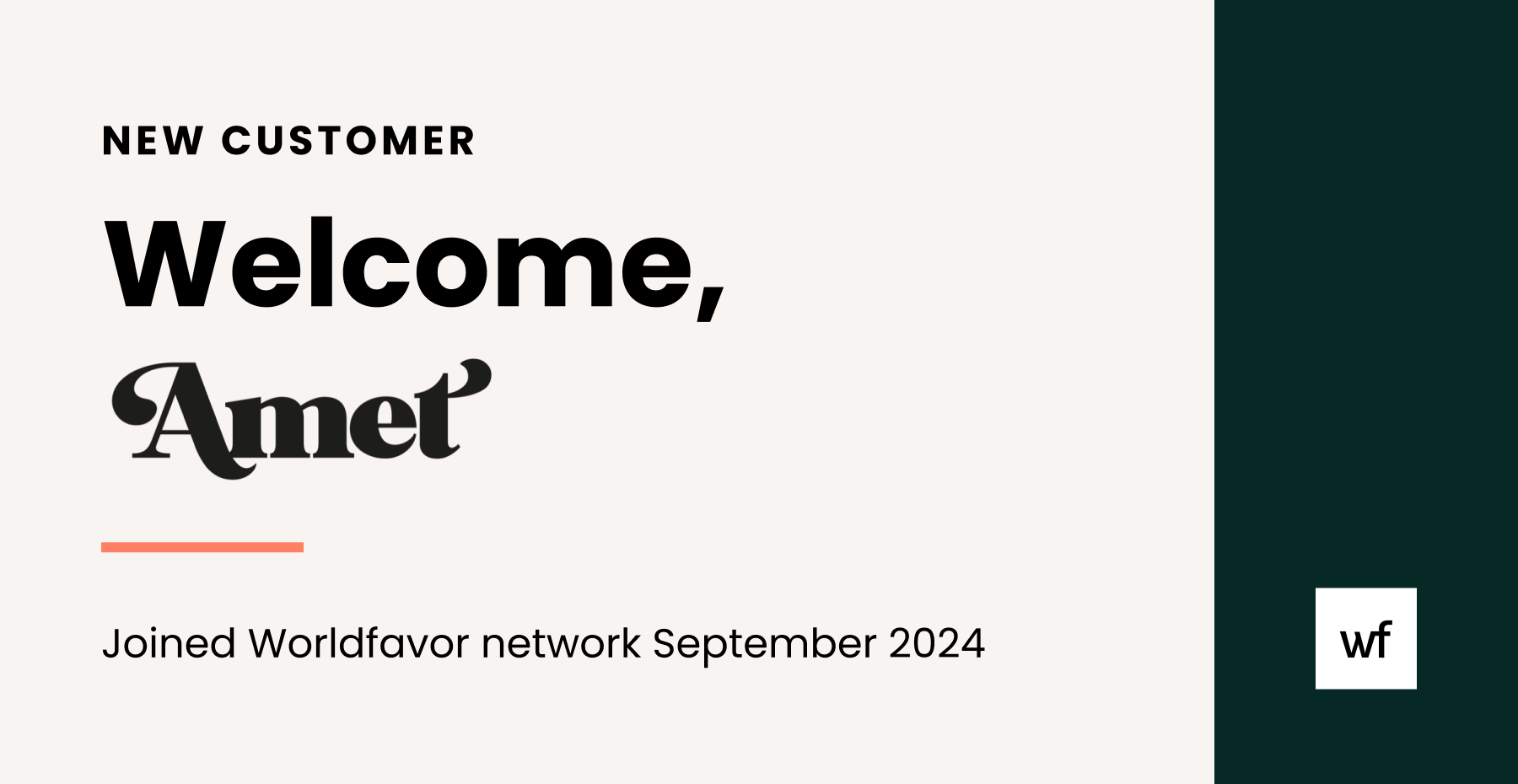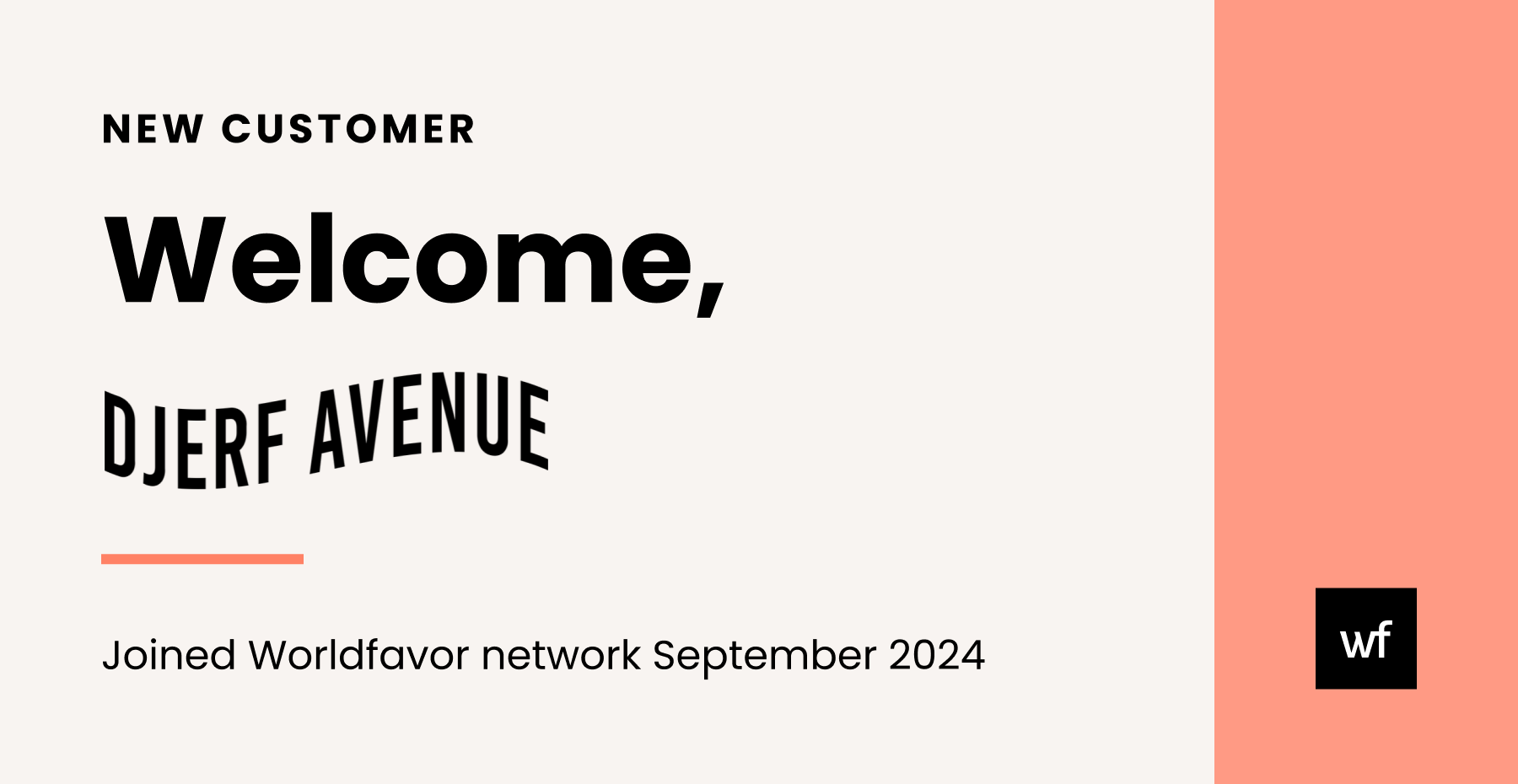Delving into current consumer trends within the food sector – Worldfavor at Future Food
.png)
Last week, Worldfavor was privileged to attend the enlightening event, Future Food Forum, organized by DI and DVN.
The theme of the day was as profound as its title suggests: Future Food. Specifically, the discussion revolved around the current trend where consumers often choose low prices over sustainable options, putting immense pressure on the profitability of the grocery trade.
This begs the question: How does this pressure impact the pace of innovation in developing sustainable food for our future?
Throughout the event, a series of captivating and insightful discussions took place on stage. We delved into topics ranging from groundbreaking food alternatives with lower environmental footprints to the pivotal role of politicians in driving progress within the food industry. We explored how large corporations can shoulder responsibility for the products they place on their shelves.
The resounding message echoing through the day was crystal clear: Collaboration is the cornerstone of making sustainable decisions and catalyzing change.
Eric Lundberg, CEO of ICA Sweden, emphasized the importance of local partnerships. An exemplary initiative they have undertaken is a tomato plant in Sweden that harnesses residual energy from nearby industries. He underscored that all their research leads to the same conclusion: In today's shifting economic landscape, companies not embracing sustainability risk losing their customer base. The path forward demands collaboration and the setting of ambitious goals.
Charlotte Kalin, Director of Public Affairs & Sustainability at Coca-Cola, emphasized the necessity of setting ambitious targets. As a global powerhouse, Coca-Cola acknowledges its responsibility to rally its organization and suppliers towards sustainability. Yet, Charlotte stressed that this alone is not sufficient. Understanding and mitigating the broader impacts of their business on ecosystems is imperative. For instance, Coca-Cola actively addresses water stress in regions where it operates, working hand in hand with suppliers and sub-suppliers to drive positive change.
Bjørn-Erik Stabell, Head of Strategy & Sustainability at the Norwegian Seafood Council, delivered a poignant statement. He revealed that a mere 2% of the world's food originates from the oceans, despite them covering 70% of the Earth's surface. Additionally, consumers often face challenges in discerning the origins and production methods of the products they buy. This lack of transparency limits consumer choice. Stabell's message was clear: Transparency is key. Make the sourcing of products clear to consumers, empowering them to make informed choices.
The day's discussions, both on stage and off, underscored the clear need: Collaboration.
Attempting to achieve our sustainability goals in isolation may seem insurmountable.
However, together, we have the power to make a difference.
Let us embark on this journey together.
Be transparent about our actions every step of the way.
Together, we can pave the way for a sustainable future, not just for ourselves, but for generations to come.
Thank you, DI and DVN, for having us.






